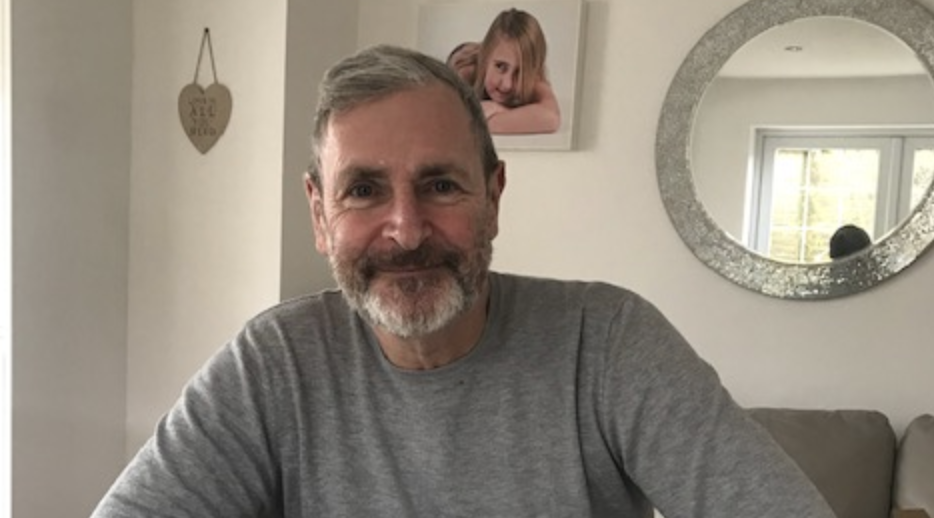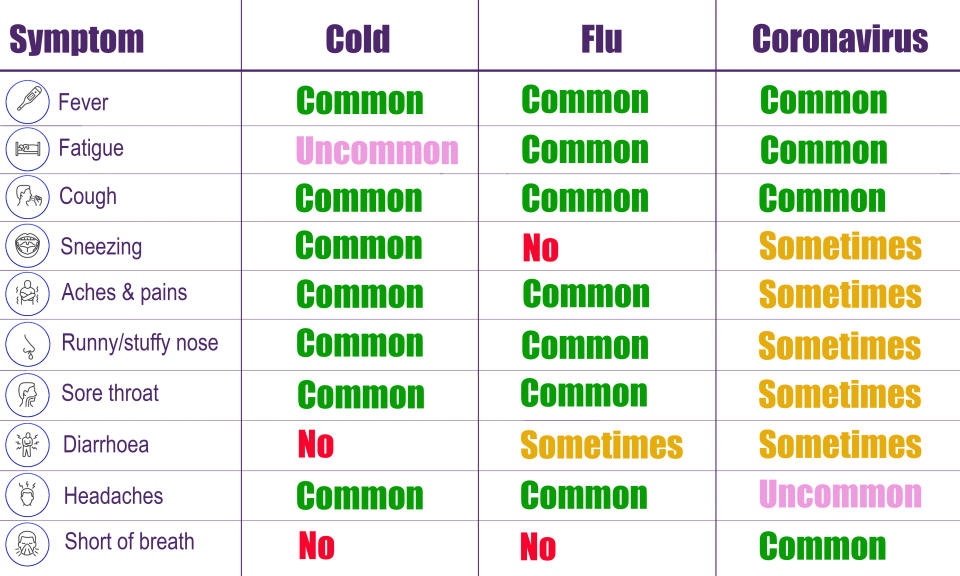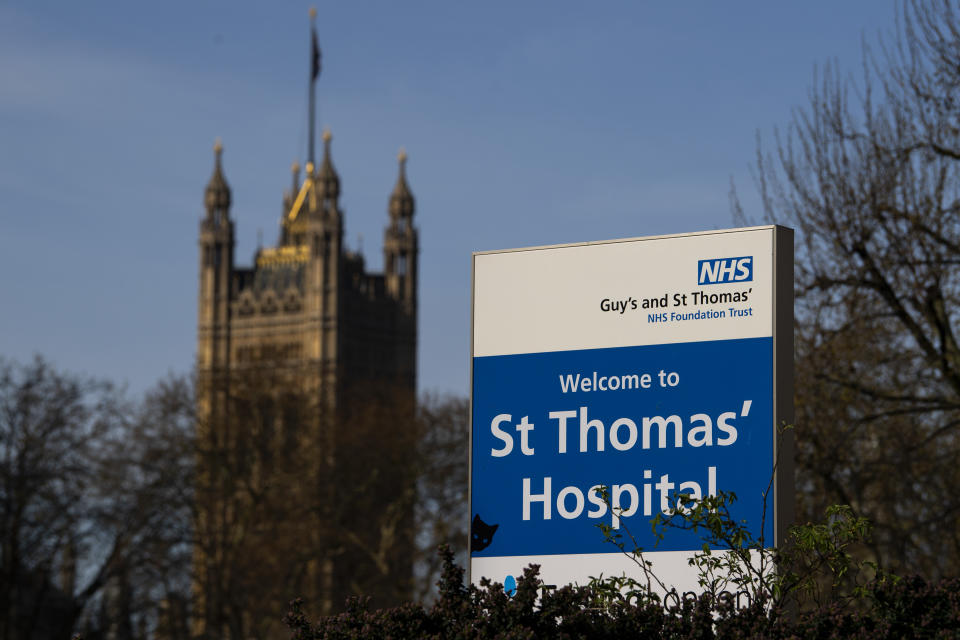'Ventilation is not game over,' COVID-19 survivor reassures public

A father who overcame COVID-19 has reassured the public that “ventilation is not game over”.
Andrew Hodge, 54, spent six days in an induced coma in intensive care at St Peter’s Hospital in Chertsey, Surrey.
The electrical engineer then spent a further four days recovering on a general ward.
After being discharged on 27 March, Hodge is building up his strength at home with his wife Dawn and their daughters Isabella, 17, and Genevieve, 11.
Early research suggests the coronavirus is mild in four out of five cases. However, it can trigger the respiratory disease COVID-19.

“I don’t want to dilute the seriousness of it, but I want people to realise they can survive this,” said Hodge.
“There is so much negative communication about how many people have died, as opposed to how many have survived.”
Latest coronavirus news, updates and advice
Live: Follow all the latest updates from the UK and around the world
Fact-checker: The number of COVID-19 cases in your local area
Explained: Symptoms, latest advice and how it compares to the flu
Hodge remembers little of his time in intensive care but praised the “phenomenal and attentive” staff at St Peter’s Hospital.
The father-of-two told ITV News that workers brought him round from his coma every day to ensure he “[knew] where he was and could squeeze somebody's finger”.
Hodge recalls one member of staff reassuring him: “This is what we do, do not worry.”
While on the general ward, isolating from his family, Hodge remembers a nurse simply holding his hand.
“When I started to understand the gravity, they were there to support me,” he said.
“Because I was on my own, they then took on the role of being closer to me and ensuring I was okay.”
Hodge’s recovery comes at a time many are concerned for Boris Johnson, who is in intensive care but reportedly not on a ventilator.

What is the coronavirus?
The coronavirus is one of seven strains of a virus class that are known to infect humans.
Others trigger everything from the common cold to severe acute respiratory syndrome (Sars), which killed 774 people during its 2002/3 outbreak.
Since the coronavirus outbreak was identified, more than 1.4 million cases have been confirmed worldwide, according to John Hopkins University.
Of these patients, over 301,600 are known to have “recovered”.
Globally, the death toll has exceeded 82,100.
The coronavirus tends to cause flu-like symptoms, including fever, cough and slight breathlessness.
It mainly spreads face-to-face via infected droplets expelled in a cough or sneeze.
There is also evidence it may be transmitted in faeces and can survive on surfaces.
In severe cases, pneumonia can come about if the infection spreads to the air sacs in the lungs.
This causes them to become inflamed and filled with fluid or pus.
The lungs then struggle to draw in air, resulting in reduced oxygen in the bloodstream and a build-up of carbon dioxide.
The coronavirus has no “set” treatment, with most patients naturally fighting off the infection.
Those requiring hospitalisation are offered “supportive care”, like ventilation, while their immune system gets to work.
Officials urge people to ward off the coronavirus by washing their hands regularly and maintaining social distancing.




